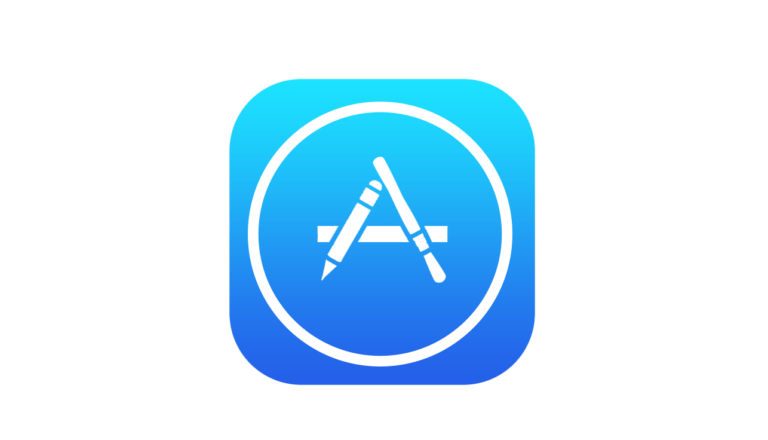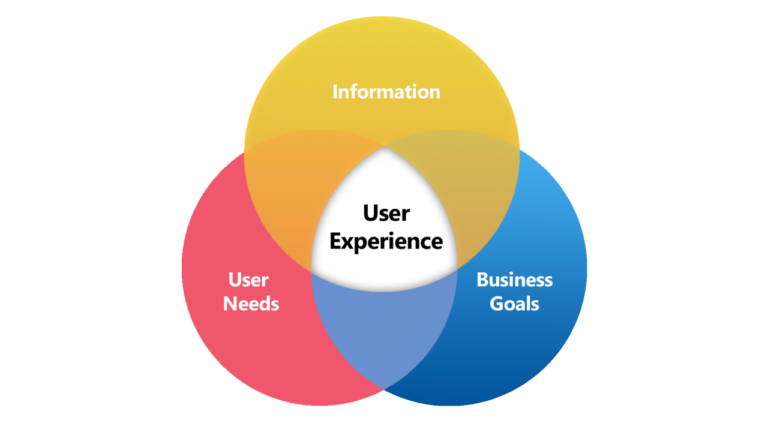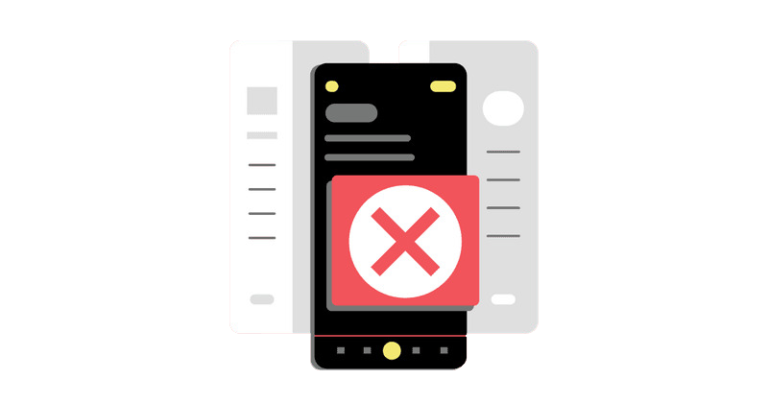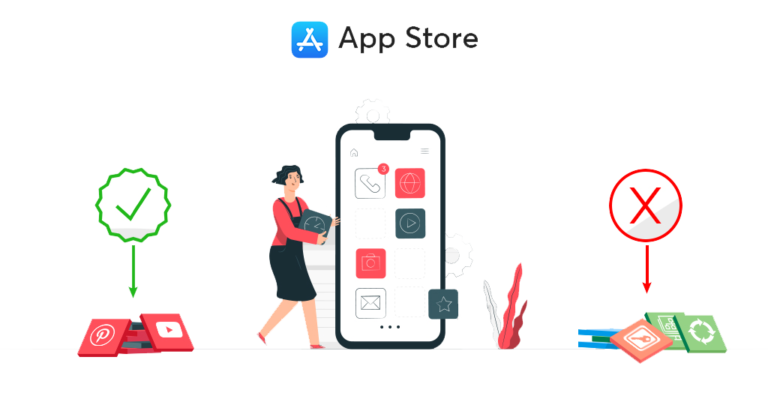
Why Apps Get Rejected
Why Apps Get Rejected: Success in the cutthroat world of mobile app development depends on getting your application authorized and featured in reliable app stores. Nonetheless, a lot of developers experience the letdown of having their applications turned down for evaluation. In this post, we’ll look at a few typical causes of app rejections and offer advice on how to prevent them.
A violation of the app store’s policies is the most frequent cause of app rejections. Each app store has its own set of rules and restrictions that developers must abide with. Spam, copyright violation, improper content, and dishonest or fraudulent acts are common offences. Make sure you have read and comprehended the requirements completely before submitting your application to prevent rejection.


Bad user experiences lead to the rejection of a large number of apps. Software that frequently crashes, loads slowly, or lacks necessary features falls under this category. To make sure that your app is trustworthy, responsive, and offers a flawless user experience, you should extensively test it across a range of platforms and devices.
A denied application might have been the result of incomplete or inaccurate information. Make sure you enter all the necessary information correctly, including screenshots, metadata, and app descriptions. Any inconsistencies or omissions in the text might cause problems and lead to a rejection.


App shops are strengthening their vetting policies in reaction to consumers’ mounting worries about privacy and data security. Apps that employ third-party frameworks with dubious privacy policies, fail to secure sensitive data, or gather user data without authorization are likely to be rejected. Make sure the user data management rules in your app are transparent and that it conforms with privacy standards.
Developers must follow each platform’s specific requirements. For instance, the rules governing the Google Play Store and the Apple App Store differ. App rejection might result from utilizing unauthorized APIs or going against design rules, two platform-specific prohibitions. Acquire knowledge of the platform’s regulations to guarantee adherence.


App stores highlight applications that offer consumers something special and worthwhile. Your program can be rejected if it doesn’t have any unique features or capabilities that set it apart from the competitors. To find openings or holes in the industry, conduct market research. Make sure your app has a special value proposition.
Even though it might be discouraging to have your application turned down, you can prevent these mistakes by being aware of the typical causes of rejection. You may improve your chances of getting your app authorized by following app store standards, making sure the user experience is seamless, giving accurate information, putting privacy and security first, meeting platform-specific criteria, and delivering a special value proposition. When developing apps, remain up to date, make iterations, and aim for perfection.

